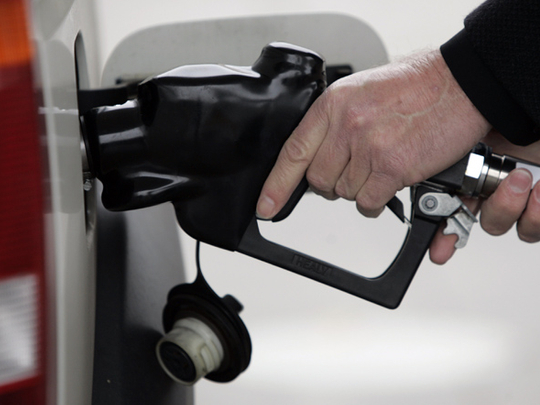
Dubai: For the first time in two years, the price of oil has climbed to its highest level, with Brent crude hitting above $69 per barrel.
Analysts are expecting prices to continue rising this year and while this could mean higher petrol costs for consumers, the trend will be beneficial to the UAE or Gulf economies.
Higher oil prices could boost consumer confidence in the region and ultimately result in the creation of more jobs and push workers’ salaries higher.
As of Wednesday, the oil price touched $69.26 per barrel, the highest since June, 2015. The latest rally has been due to the production cuts imposed by the Organisation of the Petroleum Exporting Countries (Opec) and decline in oil inventories.
According to M.R. Raghu, executive vice president for Kuwait Financial Centre “Markaz,” the continued rise in oil prices will have a positive impact on the economies in the Gulf, including the UAE.
“Higher oil prices will increase the consumer confidence as it would signal better revenue visibility for the governments,” Raghu told Gulf News.
“The governments have already announced expansionary budgets and this would trickle down in the form of better salaries and job prospects.”
Vijay Valecha, chief market analyst at Century Financial Brokers, said the major reasons behind oil’s recent rally is the extension of the Opec agreement and the lowest level of crude inventories.
“We expect Brent prices to move further higher to more than $75 due to an increase in demand.
Crude oil went above $69 a barrel for the first time since 2015. The Opec, as well as the Russian government, is suggesting further output cuts. This, coupled with the Middle East tension, could push Brent to 70 levels.”
Raghu said the oil price increase can also be attributed to the adverse climatic conditions in the US which affected the oil infrastructure and disrupted the physical supply of oil a few months ago.
“More recently, the US crude inventories have also been falling for past eight weeks, according to the American Petroleum Institute,” added Raghu.












